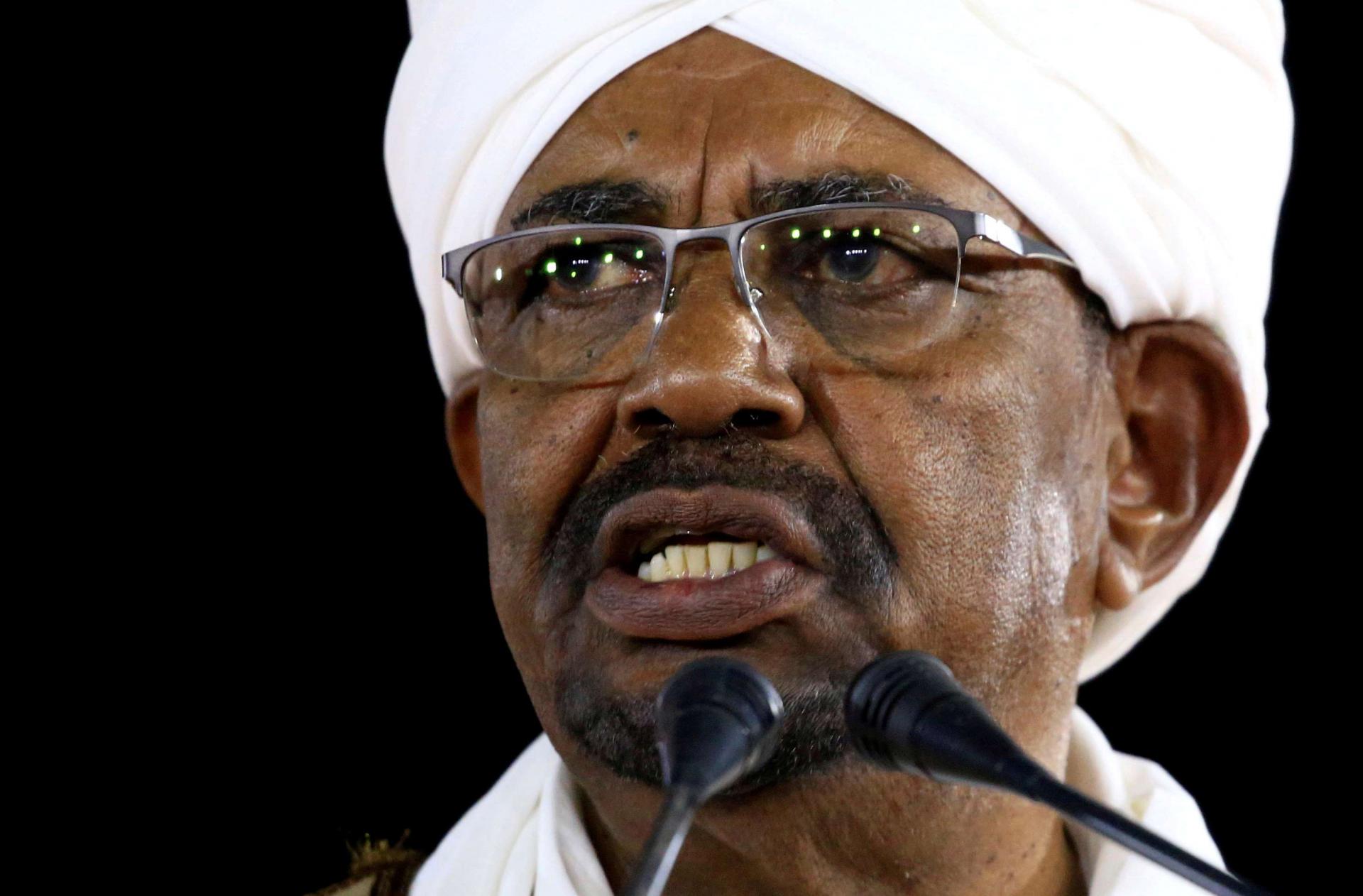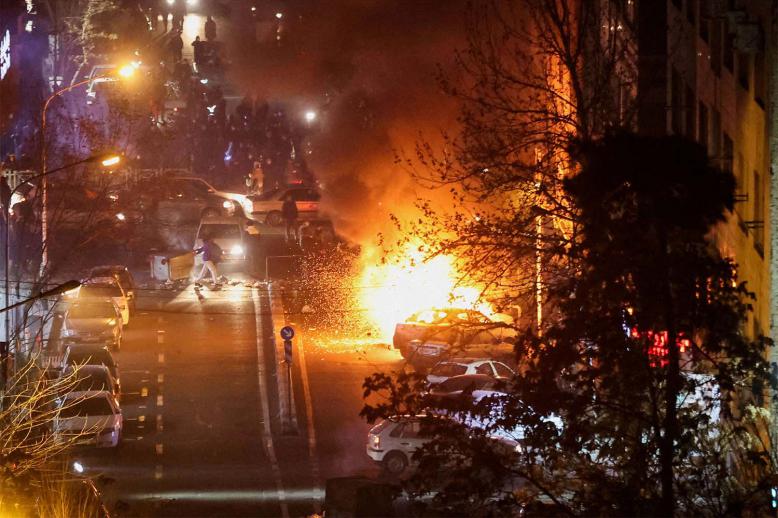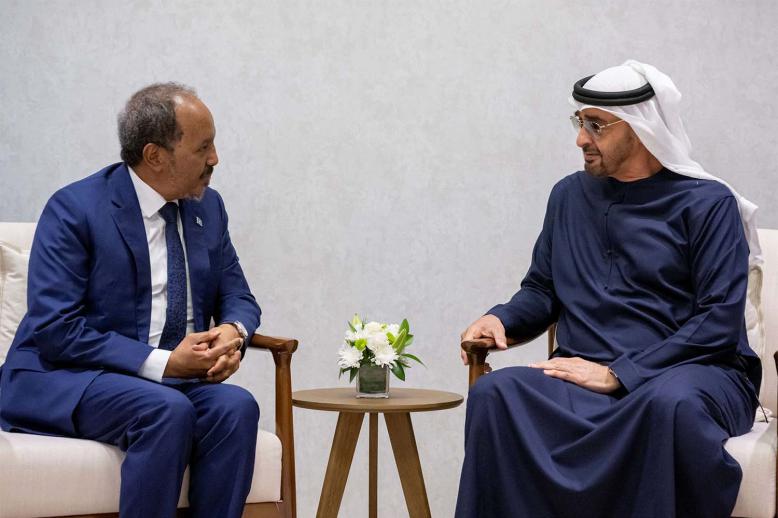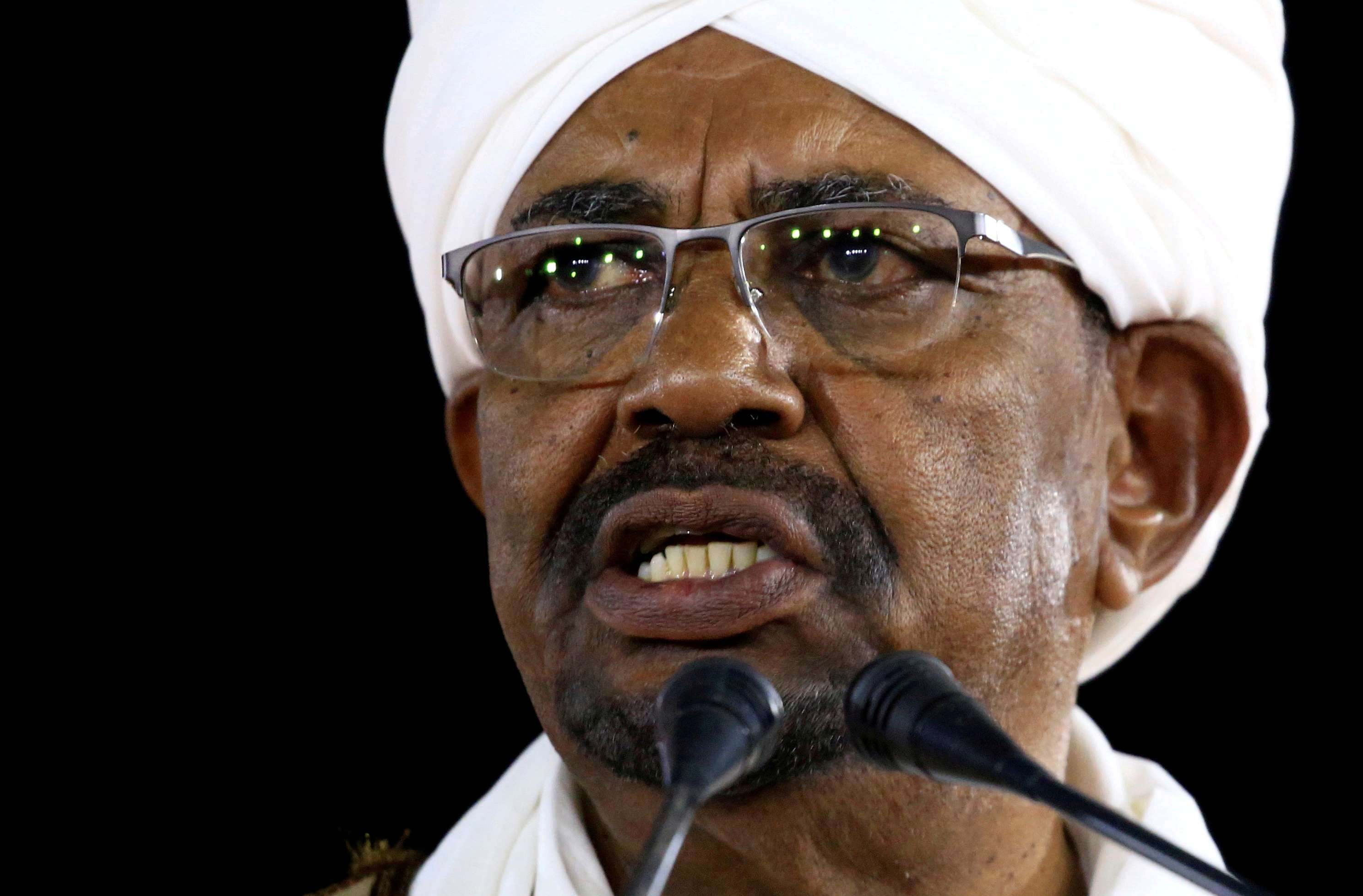Sudanese take to streets again after Bashir crackdown
KHARTOUM - Scores of protesters, many of them women, returned to the streets of Sudan's capital Thursday, condemning a slew of tough measures imposed by President Omar al-Bashir to end weeks-long demonstrations against his rule.
Bashir declared a year-long state of emergency on February 22 after an initial crackdown failed to suppress nationwide protests that have threatened his administration stretching back three decades.
Bashir has also banned unauthorised rallies and ordered the setting up of special emergency courts to prosecute those violating the state of emergency.
But on Thursday, protesters led by women chanting slogans against Bashir took to the streets of some districts of Khartoum and its twin city of Omdurman, witnesses said.
"Women are leading the rallies today, but security agents are arresting protesters in big numbers," a witness said.
Protest organisers had called Thursday's rallies in support of women on the eve of International Women's Day.
"We are calling on our people to participate in rallies on Thursday to honour those mothers who lost their sons in our struggle," said the Alliance for Freedom and Change, an umbrella group that is leading the movement against Bashir's rule.
Witnesses said those arrested were expected to appear later in front of emergency courts.
More than 900 protesters were taken to emergency courts last week after similar rallies, state media said, with several handed jail terms ranging from two weeks to five years.
Protests initially erupted on December 19 after a government decision to triple the price of bread.
But they swiftly escalated into demonstrations against Bashir's rule, with protesters accusing the veteran leader of mismanaging the economy and calling on him to step down.
Officials say 31 people have died in protest-related violence, while Human Rights Watch has put the death toll at at least 51.
Bashir, who swept to power in an Islamist-backed coup in 1989, has remained defiant in face of the protests.
The 75-year-old leader has dissolved Sudan's federal and provincial governments and ordered top level changes to his administration to quell the protests.
The scale and intensity of the protests have shrunk in recent days, especially after the state of emergency came into effect.
The near-daily demonstrations have now turned into weekly rallies, with demonstrators taking to the streets mainly on Thursdays and mostly in Khartoum.






